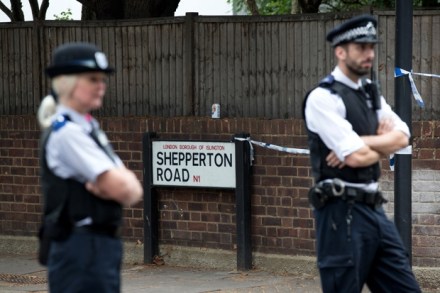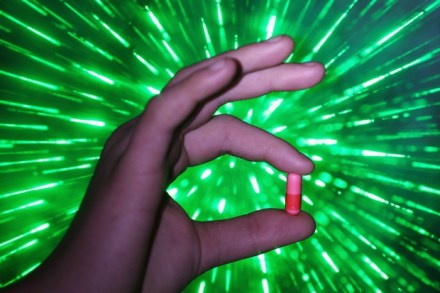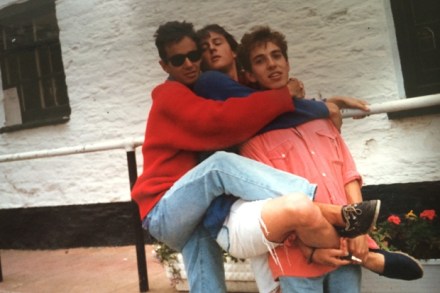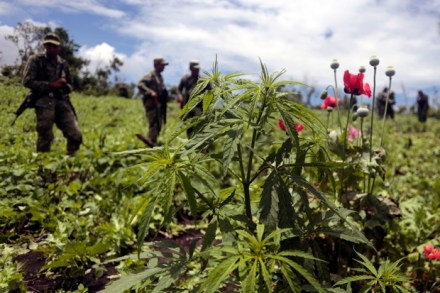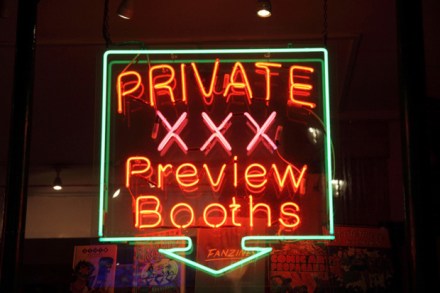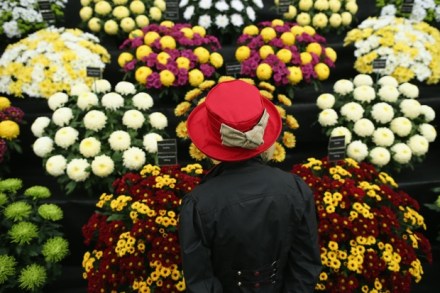The gangs of north London
I covered another stabbing the other day, a particularly nasty one this time. An 18-year-old was repeatedly knifed in the stomach and beaten over the head with a baseball bat. Witnesses told me he’d been outside his mum’s tower-block flat in Islington, north London, when he was rushed by a group of about ten or 15 boys. He suffered serious head injuries and multiple stab wounds and was soon in hospital in a medically induced coma. By some miracle, he survived. Who would have committed such a brutal and pointless crime? A source told me police believed the attackers to be from two London gangs: the Hoxton N1 gang, whose
